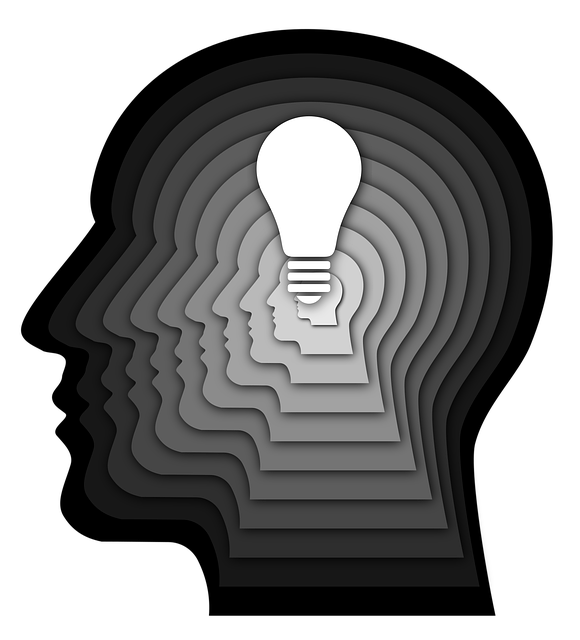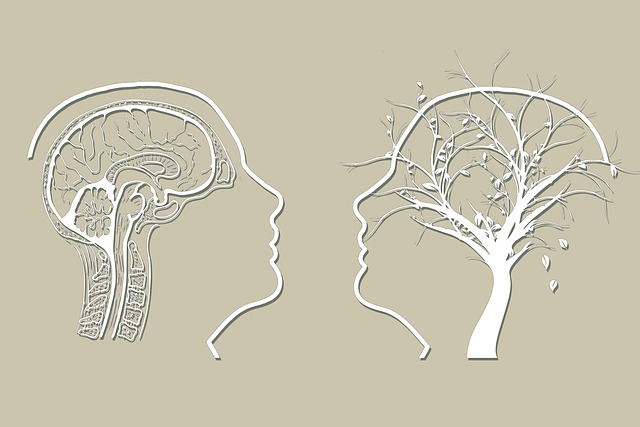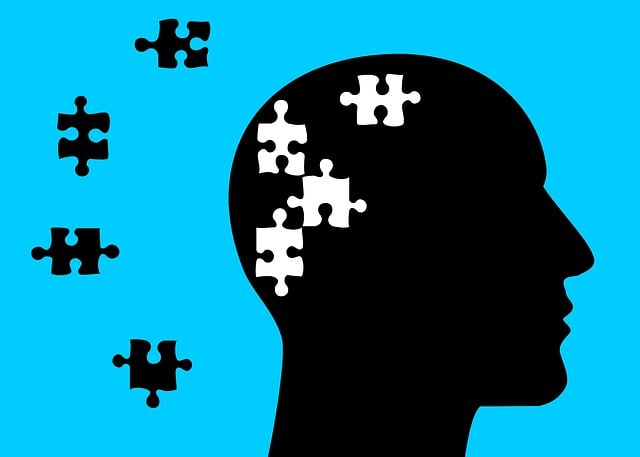Emotional Intelligence (EQ) is a powerful tool in mental health treatment, as shown by its positive impact on outcomes at Wheat Ridge Neuro Disorders Therapy. EQ enhancement improves depression prevention and crisis intervention, enabling personalized, compassionate care. Recognizing emotions through self-awareness cultivation starts with understanding feelings, triggers, and their impact. This skill is crucial for therapists to navigate complex situations, foster connections, and facilitate meaningful therapy sessions. Practicing empathy, a cornerstone of EQ, improves communication and reduces conflicts in personal and professional relationships. Integrating these practices at Wheat Ridge Neuro Disorders Therapy enriches lives and influences mental health policy.
Emotional intelligence (EI) is a powerful tool for personal growth and successful relationships. In this article, we explore strategies to build EI, focusing on techniques that can be readily applied in daily life. From understanding and identifying emotions to enhancing self-awareness and practicing empathy, these skills are essential for effective communication and stress management. Learn how Wheat Ridge Neuro Disorders Therapy offers evidence-based approaches to elevate your emotional intelligence and improve overall well-being.
- Understanding Emotional Intelligence and its Impact
- Identifying and Recognizing Emotions
- Enhancing Self-Awareness and Regulation Strategies
- Practicing Empathy and Social Skills for Effective Communication
Understanding Emotional Intelligence and its Impact

Emotional intelligence (EQ) refers to an individual’s ability to recognize, understand, and manage their own emotions, as well as empathize with others’ emotional states. It involves self-awareness, self-management, social awareness, and relationship management skills. Recognizing the importance of EQ is not merely a trend; it’s backed by extensive research that shows a strong correlation between high EQ and various positive outcomes.
In the context of Wheat Ridge Neuro Disorders Therapy, fostering emotional intelligence can significantly enhance mental health treatment and overall well-being. This is particularly relevant when considering issues like Depression Prevention, as EQ strategies can equip individuals with effective coping mechanisms. Moreover, Crisis Intervention Guidance benefits greatly from a high EQ approach, allowing professionals to provide more nuanced and compassionate care. The impact extends beyond therapy sessions, influencing personal and professional relationships through improved communication and conflict resolution skills, ultimately contributing to better Mental Health Policy Analysis and Advocacy.
Identifying and Recognizing Emotions

Identifying and recognizing emotions is a cornerstone of emotional intelligence development. This process begins with cultivating self-awareness – understanding what you’re feeling in any given moment, why you’re feeling it, and how those feelings influence your thoughts and behaviors. At Wheat Ridge Neuro Disorders Therapy, our experts guide individuals through this journey by integrating evidence-based practices tailored to their unique needs.
For mental health professionals, mastering this skill is not just beneficial for personal growth but also crucial for effective risk management planning. It enables them to offer enhanced Trauma Support Services and facilitates Emotional Healing Processes among clients. By recognizing emotions both in themselves and others, professionals can navigate complex situations more skillfully, fostering deeper connections and more meaningful therapy sessions.
Enhancing Self-Awareness and Regulation Strategies

Enhancing self-awareness is a cornerstone of emotional intelligence building. By gaining profound insights into one’s thoughts, feelings, and behaviors, individuals can better understand their triggers and emotional responses. This process, often facilitated by Wheat Ridge Neuro Disorders Therapy, encourages introspection and reflection, allowing for the identification of patterns that contribute to both positive and negative outcomes. Through enhanced self-awareness, folks learn to recognize when they’re under stress or experiencing signs of depression prevention, enabling them to employ effective regulation strategies.
Regulation strategies play a pivotal role in managing emotions effectively. Techniques such as mindfulness meditation, deep breathing exercises, and cognitive reframing help individuals gain control over their emotional reactions. These methods, which are integral parts of the emotional healing processes, not only reduce stress but also foster resilience. By learning to stay calm under pressure, people can make more rational decisions, improve their relationships, and enhance overall well-being, ultimately contributing to a richer quality of life.
Practicing Empathy and Social Skills for Effective Communication

Practicing empathy is a cornerstone of emotional intelligence building. By putting yourself in another person’s shoes, you gain a deeper understanding of their feelings and perspectives. This skill enhances communication by fostering an environment of trust and connection. At Wheat Ridge Neuro Disorders Therapy, professionals emphasize the importance of active listening and non-verbal cues to improve social skills, which are vital for effective communication. Mentoring individuals to recognize and manage their own emotions, as well as those of others, is key to navigating relationships successfully.
Developing strong communication strategies, grounded in mental health awareness and positive thinking, can significantly impact interpersonal interactions. These techniques help individuals express themselves clearly and respectfully, reducing misunderstandings and conflicts. By integrating these practices into daily life, people can build more robust connections with friends, family, and colleagues, ultimately enriching their social lives and professional pursuits.
Emotional intelligence is a powerful tool that can transform personal and professional relationships. By understanding and managing our emotions, we can create a more harmonious environment. Through identifying and recognizing emotions, enhancing self-awareness, learning regulation strategies, and practicing empathy, individuals can improve their social skills and communication. Wheat Ridge Neuro Disorders Therapy emphasizes the importance of these emotional intelligence building blocks, providing practical tools to navigate life’s challenges with greater ease and understanding. Embrace these strategies to unlock your full potential and foster deeper connections.














